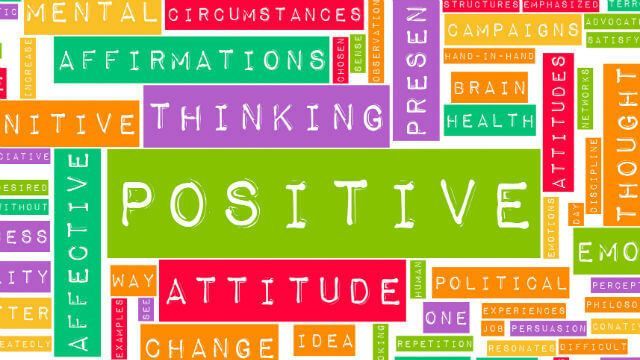
Nearly everyone has tried at some point in their lives to reinforce a belief in themselves using positive affirmations. Very often, these efforts fail and people are left feeling defeated. The question is, why do positive affirmations often fail to achieve success?
Passive versus active response
The answer may be found by exploring how your own mind responds to the information being directed at it. If you tell yourself a positive affirmation like, “I will do this,” then your body gives a passive response, and the belief fades shortly after. You are very susceptible to being plagued with self-doubt, because you have stated something positive, without addressing the negative thoughts you have about the issue.
What you need is an active response. To prompt an active response, try using interrogative self-talk. Interrogative self-talk is, quite simply, asking yourself questions that make you focus internally on your mind and emotions.
So, instead of saying, “I will do this,” you would ask yourself, “Will I do this?” This creates an active response, because you have to respond to your own question and provide an answer. Once you answer the initial question, move on to the reasons why, so that your brain can convince itself of the validity of the goal you want to achieve.
Never stop at the first answer of yes or no. Always pursue the “why” of things to give yourself reasons behind how you will accomplish the goal and affect change.
Science finds interrogative self-talk trumps affirmations
In an experiment by the University of Illinois in conjunction with the University of Southern Mississippi, researchers divided a group of participants into two segments. One segment used positive, affirmative self-talk, while the other half used interrogative self-talk.
Participants were then given the task of solving anagrams. The group of participants who used interrogative self-talk were able to solve several more anagrams compared to the positive affirmation group.

Taking it a step further, researchers had participants write the self-talk on paper 20 times. This time, there were three groups who wrote down either, “Will I,” “I will,” or just, “Wil.l” After the writing phase was completed, they were asked to solve 10 anagrams just as the participants from the earlier phase had.
Once again, the group with the interrogative self-talk (“Will I”) outperformed the others by solving nearly two times as many anagrams as their competitors.
Prompt yourself for success
The findings clearly indicate that if you want to make an effective change in your life, achieve a goal, or even establish a new belief, you can help yourself along by prompting yourself with interrogative self-talk.
Ask yourself if you “Can” or “Will” do it. Then explain the reasons why to yourself to open up your creative resources, squash the negative self doubts, and validate your self-truths.
-The Alternative Daily
Sources:
http://psychborn.com/interrogative-self-talk
http://psychcentral.com/blog/archives/2014/03/20/why-positive-affirmations-dont-work
http://jeffreyhurley.com/2013/are-you-using-interrogative-self-talk

